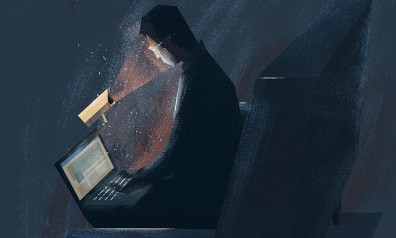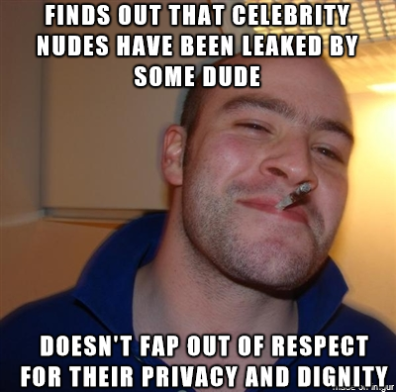FINAL BLOG POST: Public Attitudes Toward Law Enforcement
tyler.j.baileyPolice have been an incredible resource in the past for a nation’s pride and well-being.
However, as our media evolves to allow every opinion and event to surface, the current trend on public’s opinion on our law enforcement has decreased greatly over the recent years. Due to shootings, videos of police assaults, and the reactions some officers have dealt with, it’s hard to combat the overwhelming amount of new evidence which shows that not everybody is perfect.
There are no excuses for occurrences where an officer does act out of line with excessive force, however this shouldn’t be a reason for the entire public to fear or instill hatred in our police officers. Each individual is different, and with the evolving standards of our public and a want for everything/ everyone to behave to their morals; it is extremely difficult for officers of the law to match these morals and completely ignore the deep conditioned responses. I am not saying everyone is racist, but we all act differently around different ethnicities based upon whom we grew up around as children.
The following images depict data collected from questions which asked how much do they trust their local law enforcement, and do they feel protected and safe with them around.
One factor which will influence people’s responses to these surveys is their level and satisfaction of encounters with local law enforcement. As a person witnesses, or is involved in, a negative experience where a police officer apprehends a person for reasons unknown to public eyes, their attitudes may change for the worse.


When this happens reporters who report on subjects will only report the facts which are present for them. Usually there will be some unknown factor which has decided the fate for the criminal. In a video posted below a suspect is shot dead for what could have been anything in his possession. However with only this side of the confrontation visible, it is quite challenging to notice the gun. After the man is shot and falls, there is small object lying in his hand. Granted the quality is very low, the object is in fact a pistol. No not the AR-15 he originally surrendered, but the hidden one in his belt.
Scenarios like this occur quite frequently where the actual facts are hidden from eyes, as intended by the perpetrator so they are not discovered. However, you are correct, when saying that this isn’t what makes every shooting or beating, but don’t gloss over a story with a quick opinion and forget the journey of investigating. You might discover a cull of facts which change the whole narrative.

